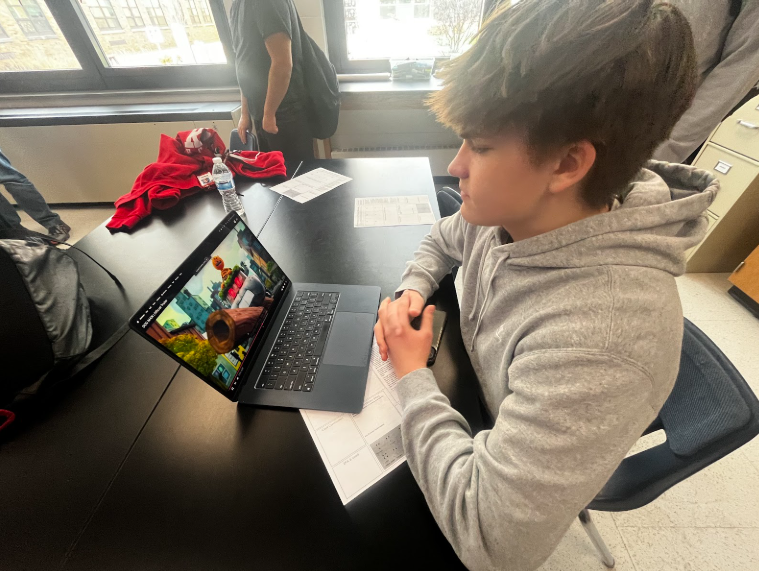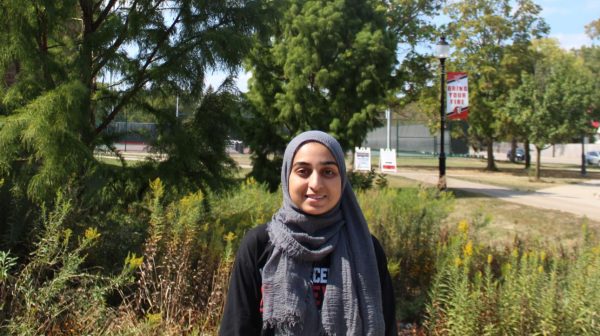As it heats up outside many attractions like amusement parks and playgrounds become an activity for families. People also enjoy going to zoos to see the animals and enjoy a nice leisurely walk. I, however, dislike the zoo with a strong passion for a few reasons. Although I have visited the zoo many times in my youth, I have come to realize that they are not a good practice.
“I think it depends because sometimes zoos help keep the species alive, but most of the time it’s bad for the animals because they should be in the wild,” said Anaa Azeem, junior.
Zoos have animals in order to bring in visitors and educate them on different endangered species. But the practice is what bothers me. Removing wild animals for commercial purposes from their natural habitats is wrong. It’s not normal for a lion to be living in the climate of Chicago.
“It just prevents them from being able to live in a natural habitat and they should just let nature take its course,” said Sanuthi Edirisinghe.
The zoo enclosures are also very small considering that larger animals need larger spaces. Wild lions need at least 20 square miles of space but in zoos they receive around 37 square meters. Zoos often have a deep moat that keeps the lion from jumping over the fence into the public viewing areas. Many zoo animals also pace around their enclosures a clear sign of poor welfare, according to the National Institute of Health (NIH).
“Instead of…parking lots and instead of…making a profit off of animals just …being there to look at and actually helping them… develop and become better suited,” Azeem said.
I find it worse for aquatic animals because they should be adapted to vast oceans and seas but are often confined to large pools instead. For example, keeping large species like Orcas otherwise known as Killer whales in captivity as been proven multiple times to be dangerous not only to the animal but also to the trainers. In the 2013 Netflix documentary “Black Fish”, the main orca they report on Tilikum was captured from his family pod in the ocean off of Iceland and brought to live in a Canadian aquarium “Sea Life”.
“They were the ones that put this animal in…an area where it shouldn’t have been, especially considering orcas… swim …. miles and miles…a day,” said Erica Driscoll, junior.
During his time there he was placed in a very small tank and mainly in isolation. Sea Life later closed and Sea World bought Tilikum for breeding purposes. During his time in captivity, Tilikum killed 3 people. One was his trainer Dawn Brancheu who he killed during a live performance in front of hundreds of people.
“I honestly think that that’s our fault and not the orca’s fault, because I mean, it’s an animal doesn’t really understand the ethics of humans and what is wrong and right in our eyes,” Edirisinghe said.
After this incident, he was no longer in shows and because of this incident trainers no longer perform in the water with orcas. Since there are no documented cases of Orcas attacking humans in the wild captivity is the reason for the increased aggression. Going forward zoos should become more interactive and introduce other activities for the public that can still tie in wildlife. However, with deforestation and trophy hunting, I understand the conservation goals that some zoos have. But if the government is willing to help we should increase funding for more sanctuaries and rehabilitation programs.
To read more about zoos please visit this article.










